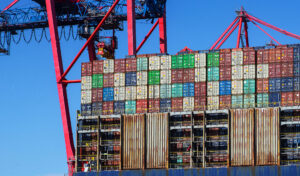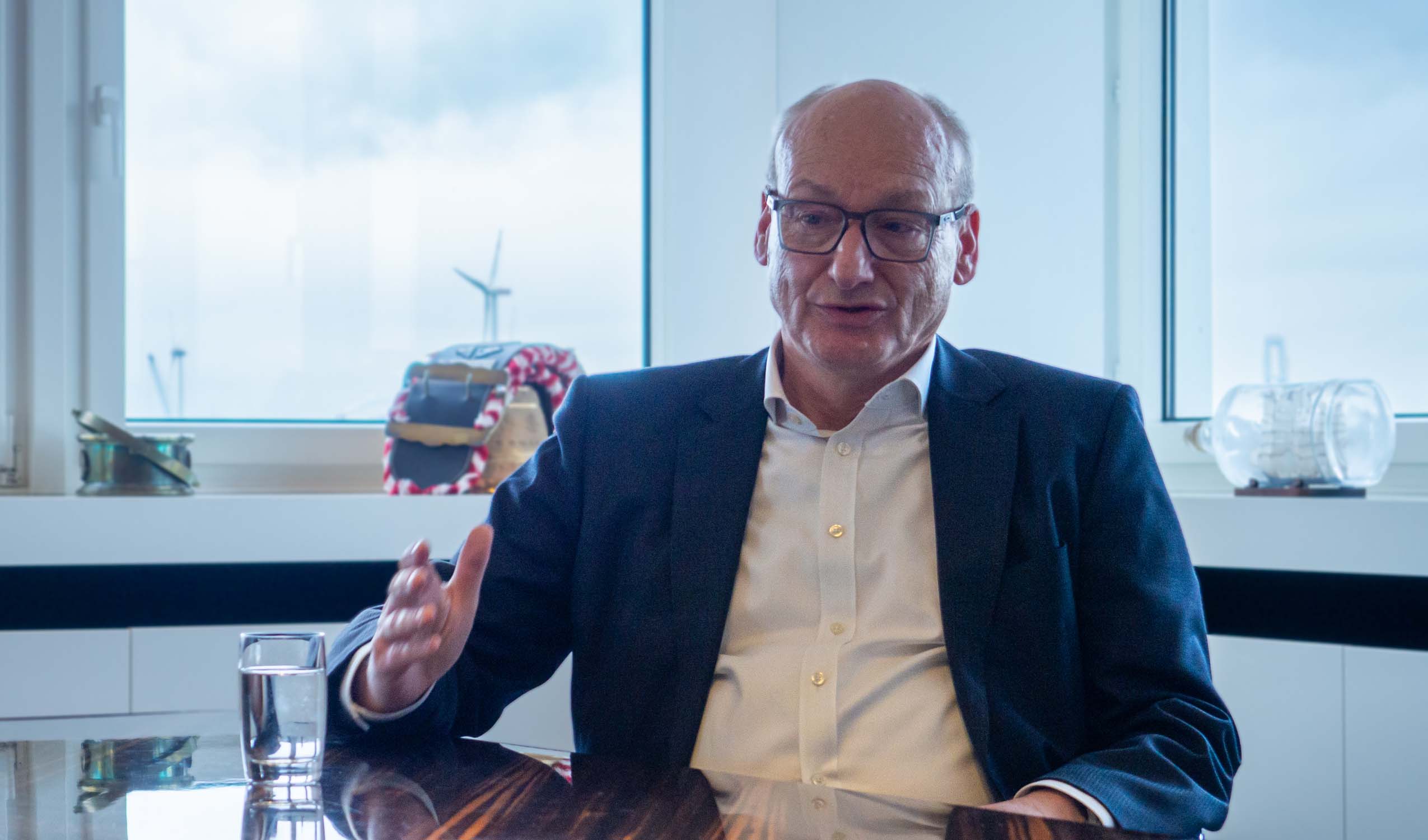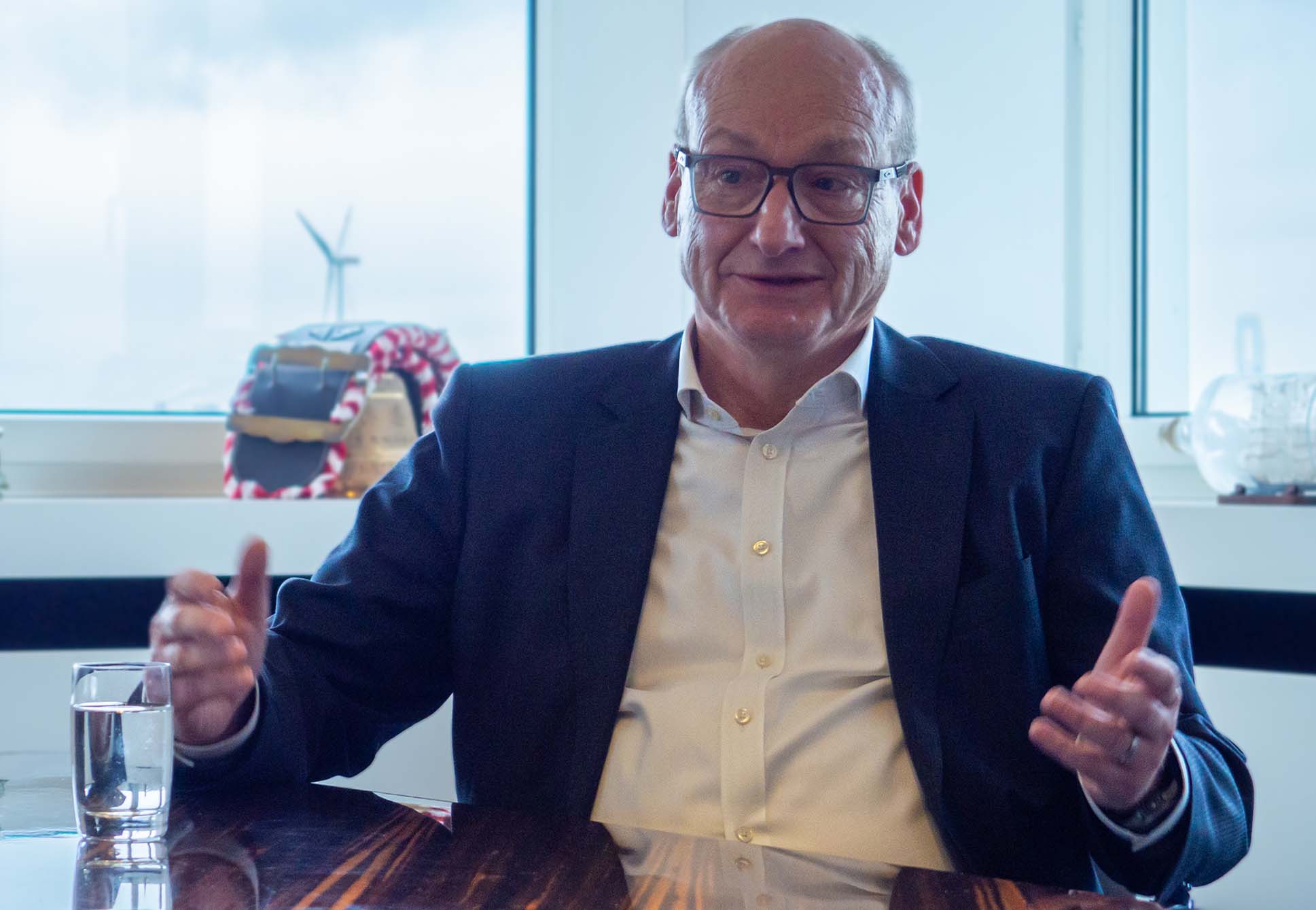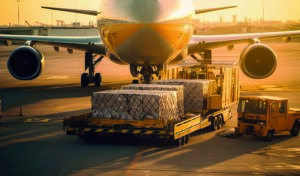
Cargo Integrity Group publishes list of cargoes of concern that can compromise supply chain safety
A few days ago, the Cargo Integrity Group, an initiative of the International Cargo Handling Coordination Association – ICHCA, published a list of 15 “cargoes of concern” that are normally transported in containers and whose hazardous nature is not always so obvious, such as the potential danger of lithium-ion batteries. For example, the list contains important information on the flammable properties of seed cakes or the dangers associated with cocoa butter or vegetable oils.




